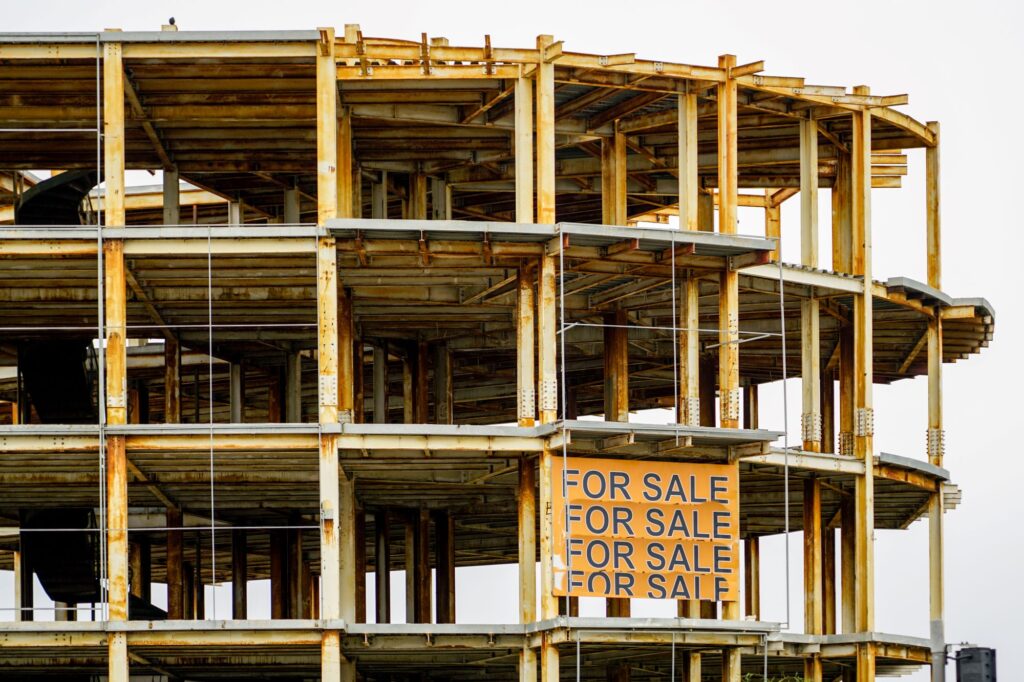New research shows rising costs and ill-thought-out government policies are just a few reasons as to why the future of council housing looks bleak.
The concept of council housing for struggling low-income households is extremely ideal, especially in our current financial climate. They’re inexpensive to run and tenancies are often more secure than those in private lets, however new research commissioned by the Local Government Association (LGA) suggests a smooth-running council housing system will always remain a fantasy.
This morning, the LGA published their new report, which explores the cumulative impact of historic and proposed government policies and wider economic factors on the viability of council housing revenue accounts (HRAs), at their Annual Conference in Harrogate.
The research was conducted by Savills and created in partnership with the National Federation of ALMOs (NFA) and Association of Retained Council Housing.
One of the main issues highlighted in the report is local authorities across England don’t have enough money to maintain council houses. As a result, authorities will inevitably face the choice between HRAs going into deficit or failure to meet statutory repair obligations, including the newly proposed Awaab’s Law which will require landlords to fix reported hazards, such as mould and damp, within specified timescales.
Against this backdrop, the analysis also shows HRAs are buckling under:
- The increase in the amount of capital investment needed for existing council housing. This involves investing in new upgrades that will ensure properties meet the new Decent Homes Standard and net zero carbon requirements.
- Day to day repairs costs that are spiralling well above the rate of CPI inflation.
- The impact of rent cuts from 2016-2020 and the rent cap that was introduced in 2023.
- Pressures arising from new qualifications for housing staff.
Commenting on the findings, Cllr Adam Hug, the LGA’s housing spokesperson, said: ‘This is the most precarious position that council housing has been in for over a decade, and urgent action is needed to ensure that local government can keep up with its obligations around providing decent quality council housing.’
‘We need to strengthen and provide stability to Housing Revenue Accounts by agreeing a long-term rent settlement, restoring lost revenue due to the rent cap and reviewing the self-financing settlement of 2012,’ Cllr Hug continued. ‘This would provide councils certainty on rental income and support long-term business planning to ensure they can deliver high quality homes and associated support for their tenants. However, it is important that to ensure there is further government investment to help respond to priorities- from retrofit to building new council homes- to avoid, all the pressure falling on the HRA and the residents whose rents and services charges fund them.’
Ahead of the Autumn Budget, which is due to take place next week, the LGA are calling for the government to restore lost revenue due to the recent rent cap – estimated to be worth more than £600million – and to introduce a long-term rent settlement to give councils certainty on rental income.
Mike Ainsley, chair of the NFA, added: ‘This report is solid evidence that our national housing catastrophe cannot be addressed without a strong council housing sector. The Savills data paints an unambiguous picture of the dire state this sector is in after years of decline. We urgently need a strong financial settlement to restore lost rent revenue and make HRAs viable. Only then can we provide the good quality social housing that the country needs.’
In related news:
Carbon Co-op to host webinar on reducing household emissions


















Leave a Reply